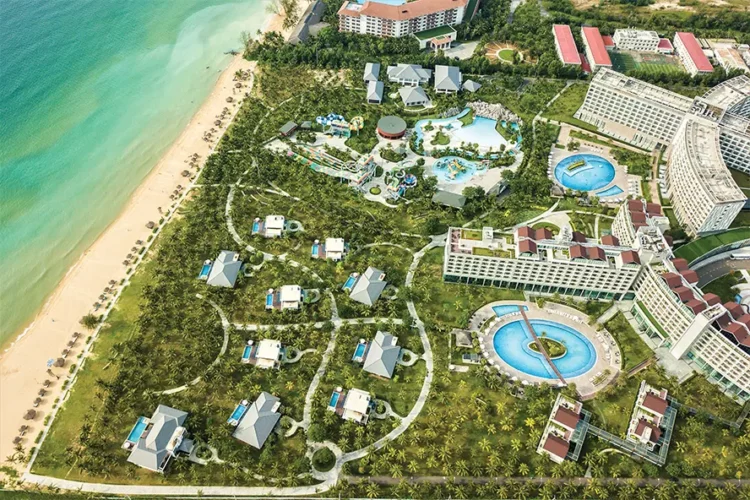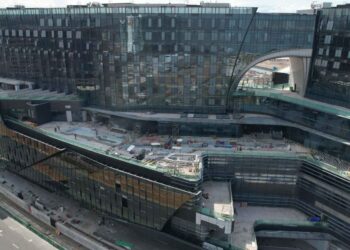A revamped pilot program allowing locals to gamble in some Vietnam casinos under certain conditions will introduce an entry fee in place of a requirement to prove financial capacity as part of a plan put forward by the Ministry of Finance.
Local media outlet VietnamNet reported Tuesday that the proposal – now open for public consultation – has already been approved by the ruling Politburo and returned to the government to establish a legal framework. Such a mandate would represent another major shift in casino policy, mirroring the successful entry fee model utilized in Singapore.
The Ministry of Finance’s plan would see Vietnamese locals required to pay VND2.5 million (US$100) for each 24-hour period of casino access or VND50 million (US$2,000) per month.
Other stipulations that formed part of Vietnam’s recently ceased pilot program in Phu Quoc – locals must be at least 21 years of age and not be subject to any written exclusion requests by family members or themselves – would also remain in place.
VietnamNet said the explanatory report accompanying the latest draft of the new decree on casino operations states that although existing regulations around the locals gaming pilot program had been effective, issues had arisen around verifying players’ financial capacity, with many individuals who had sufficient means finding it difficult to prove as much given the documentation required.
As such, the Ministry of Finance proposed the entry fee measure as a proxy means test that was in line with international trends and practical considerations.
For their part, casino operators taking part in the locals pilot would be required to install a 24/7 camera surveillance system covering all entry and exit points, gaming areas, the cage and cash and chip storage rooms, with footage stored for at least 180 days.
Vietnam has in recent months been looking into resuming a pilot program for locals at Corona Resort & Casino in Phu Quoc, and possibly further afield, after the initial three-year pilot launched in 2019 was interrupted by the pandemic. The pilot, tentatively extended beyond its in initial period, was halted as of 1 January this year.



































